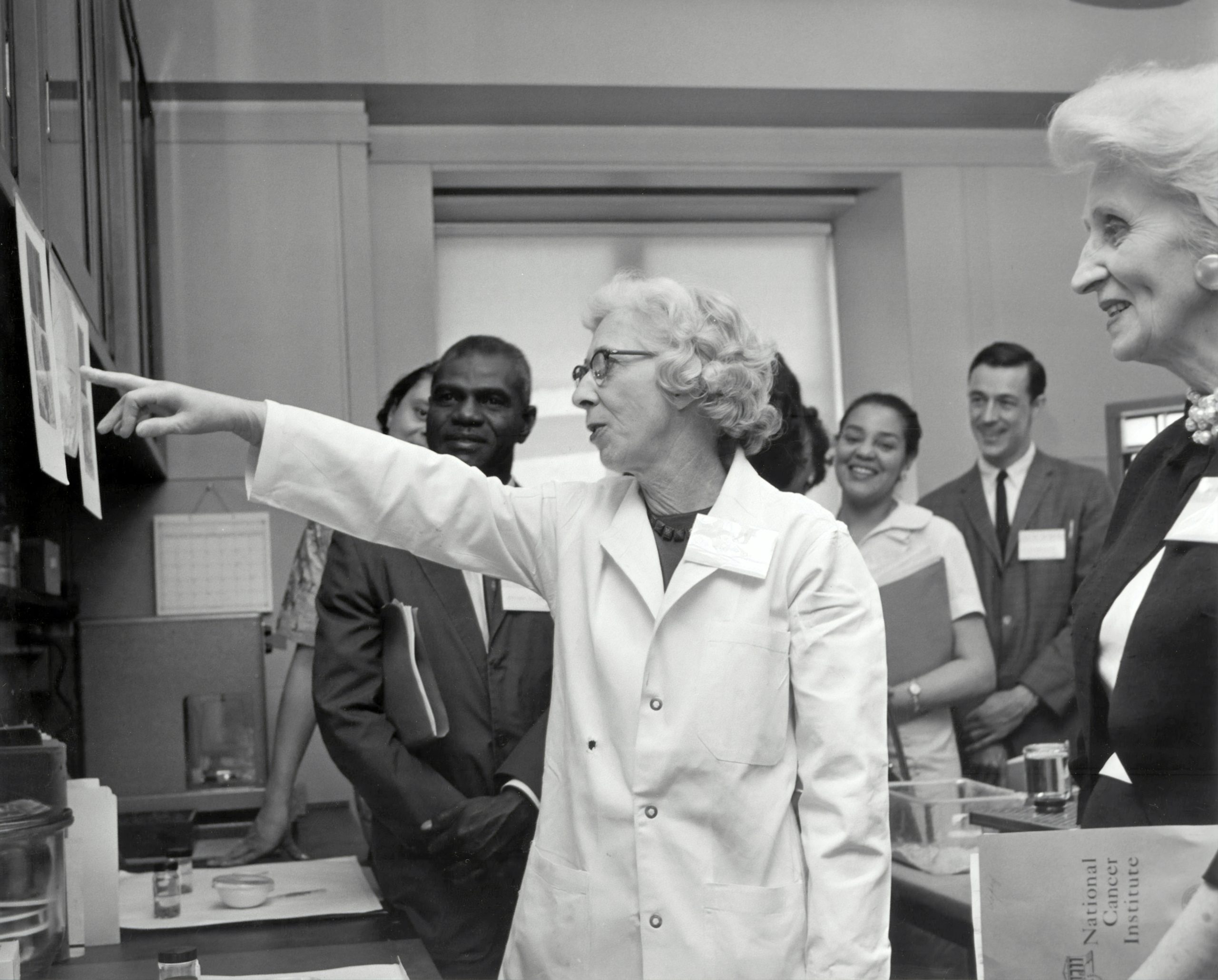What happens when one size does not fit all?
The first race-based combination prescription drug, Hydralazine-plus-nitrate is used in the treatment of congestive heart failure. Among African Americans, life expectancy of those with heart failure is increased using this combination drug, whereas white Americans respond less effectively to the drug. Another drug, Gefitinib, used in the treatment of certain cancers such as breast and lung cancer is more effective in Japanese than American patients as evidenced by clinical trials.
Therapeutics would be much easier if the same dose of drug always produced the same response. Enabling research to improve drug efficacy and minimise side effects. However, in reality, genetic and lifestyle variations between individuals, play a major role in how an individual responds to a given drug. Personalised medicine and Pharmacogenomics testing offer the possibility of more precise therapeutics for several drugs and disorders. Personalised medicine (precision medicine), is the concept of individualising drug therapy using the genomic information of an individual. Pharmacogenomics, also called pharmacogenetics or drug-gene testing, focuses on how an individual’s genes affect their response to medication. This is a field of intense research activity, rapid progress and high expectations. However, proving these tests add to present health diagnosis and improve patient outcomes remains a challenge.
As researchers continue to look further into disease pathways and how drugs affect them, personalised medicine has the potential to increase the quality of clinical care and become an essential tool in medicine. The example of Gefitinib: Researchers observed that Japanese patients over-express a certain protein: Epidermal Growth Factor Receptor (EGFR). Gefitinib works by inhibiting EGFR and consequently decreasing its activity. EGFR is a protein found in both normal cells and cancer cells. However, its over-expression can be a result of mutations. These mutations can cause EGFR to be continuously activated, leading to uncontrolled cell division, one of the hallmarks of cancer. Using this information, patients can be prescribed more personalised targeted therapy.
The use of pharmacogenomic testing can help healthcare providers determine the best medication for a patient. These tests can help determine the effectiveness, optimum dose and possible side effects of a drug. There are several pharmacogenomic tests currently in use for this purpose. One of these is the CYP2D6 genetic test, which tests for variants of this gene, predicting how patients will respond to different medications for the treatment of a variety of conditions like breast cancer, depression and anxiety disorder. Information from this test shows how a patient will metabolise a given drug, which can affect their responsiveness to it.
Another pharmacogenomic test is the HLA-B gene test, which also tests for variants of a gene in patients. The HLA-B gene has several variations depicted by different numbers. For example, patients with a HLA-B*1502 gene variant cannot take Carbamazepine to treat epilepsy and seizures, as they have a higher risk of developing adverse reactions. Patients with a HLA-B*5801 gene variant can develop a potentially life threatening dermatological disorder called Toxic Epidermal Necrolysis if given a medication used to decrease high blood uric acid levels. These pharmacogenomic tests are not widely used in hospitals, mainly due to concerns about costs, which can range from around £100 to £2,000. Another reason is due to the challenge of showing how these tests results can be utilised clinically to improve patient outcomes.
As researchers continue to study genotype-guided drug therapies with the goal of improv‐ing clinical outcomes, some focus has been put on research that can help identify novel molecular targets that drive disease progression in certain individuals. It is likely that these targets are relatively uncommon, and drug development will be difficult, but the benefits will be huge. In an effort to shed more light on the future development of personalised medicine, the Centre for Personalised Medicine at University of Oxford serves as a communication and engagement vehicle for students, academics, clinicians and the public to explore the benefits and challenges of personalised medicine. Although much work remains to be done in the field, personalised medicine offers an opportunity to transform the future of healthcare.
This article was first published in our Michaelmus Term 2019 Issue: Perspective





